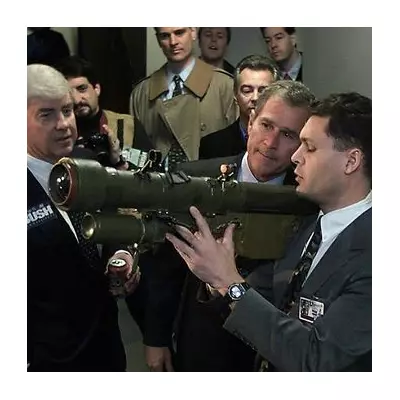
In a stunning revelation that exposes the complex web of Middle Eastern diplomacy, newly emerged details confirm that former US President Donald Trump personally intervened to force Israeli Prime Minister Benjamin Netanyahu to issue a formal apology to Qatar.
The Diplomatic Earthquake
The extraordinary incident, detailed in a forthcoming political memoir, reveals how Trump leveraged his relationship with Netanyahu during a critical period in Middle Eastern relations. The confrontation occurred as Qatar played an increasingly pivotal role in regional negotiations and intelligence sharing.
Behind Closed Doors
According to insider accounts, Trump applied significant pressure on the Israeli leader following contentious remarks Netanyahu made about the Qatari government. The former president, known for his unconventional diplomatic methods, reportedly insisted that repairing relations with Doha was essential for broader regional stability.
Strategic Implications
The forced apology represents a fascinating case study in modern diplomacy, where traditional alliances are constantly being tested and reshaped. Qatar's unique position as a mediator in numerous regional conflicts, coupled with its substantial financial resources, made maintaining positive relations a strategic priority for American interests.
The Fallout and Reactions
Political analysts suggest this incident highlights several key aspects of Trump's foreign policy approach:
- Personal diplomacy: Trump's tendency to handle sensitive international matters through direct leader-to-leader communication
- Power dynamics: The clear demonstration of American influence over even its closest allies
- Regional recalibration: The ongoing shift in Middle Eastern alliances and partnerships
Broader Context
This diplomatic intervention occurred against the backdrop of several significant developments in the region, including ongoing normalization talks between Israel and Arab states, and Qatar's continued role as a key player in regional mediation efforts, particularly concerning Gaza and other conflict zones.
The revelation provides fresh insight into the often-opaque world of international diplomacy, where public statements frequently conceal complex negotiations and power plays occurring behind the scenes.





